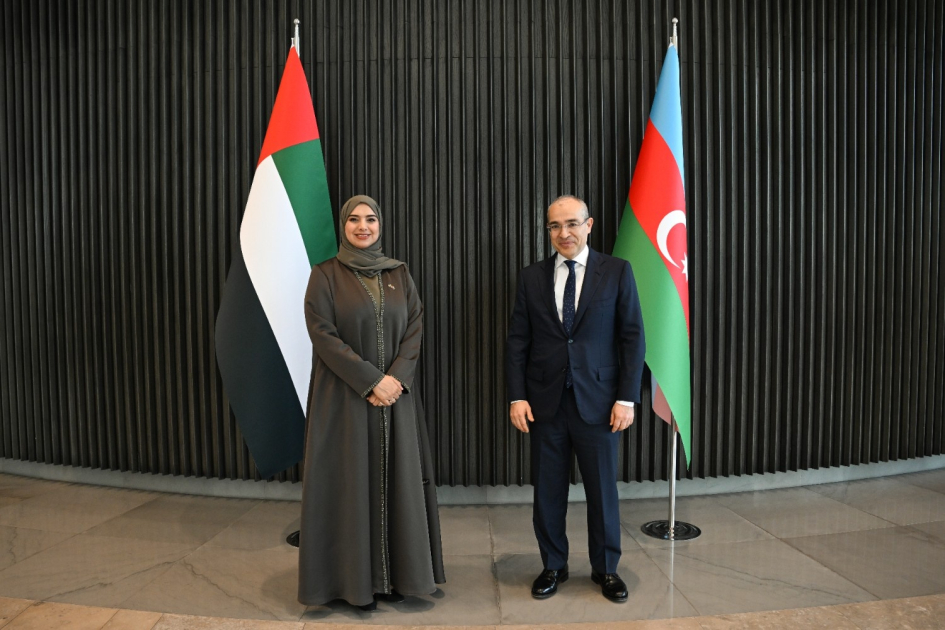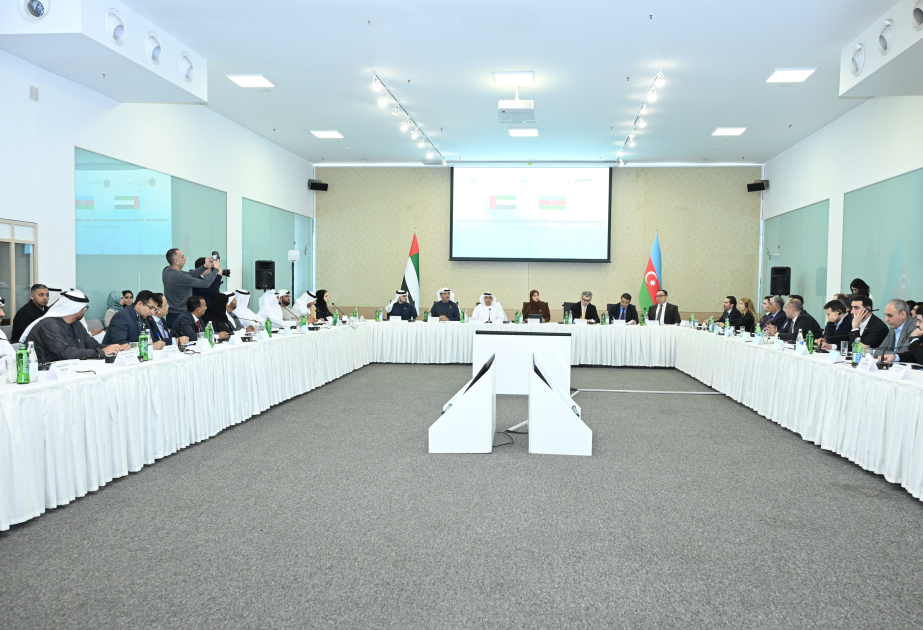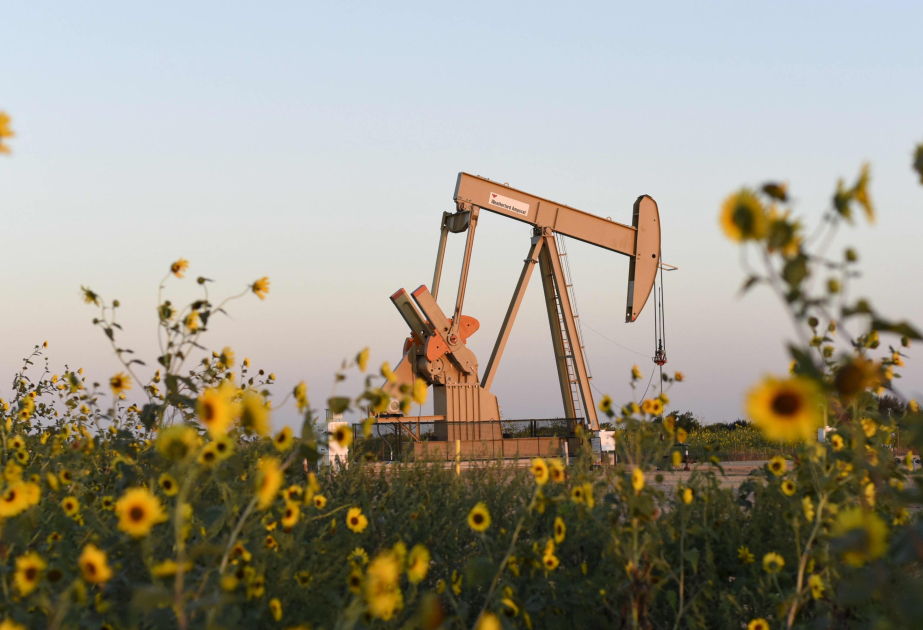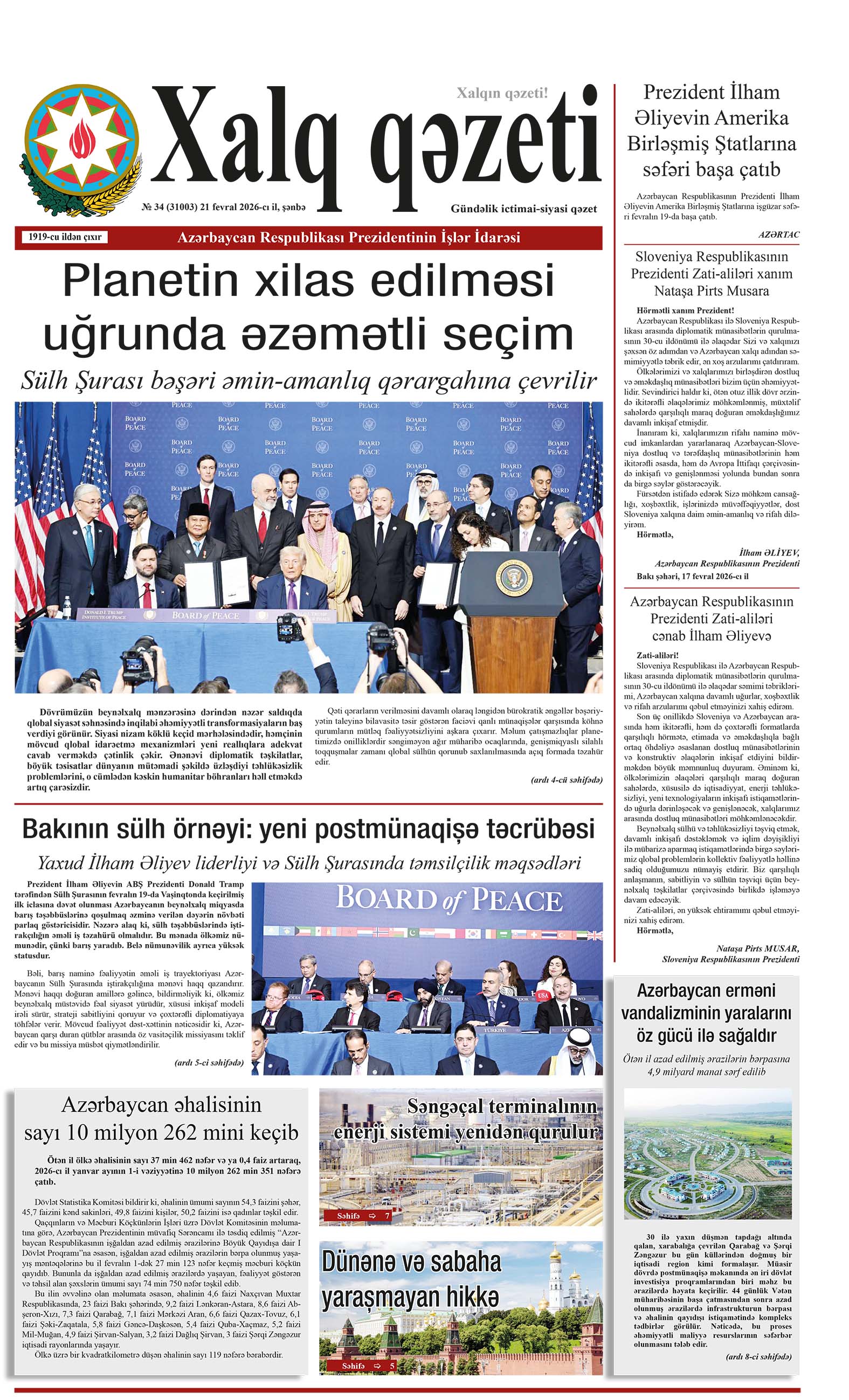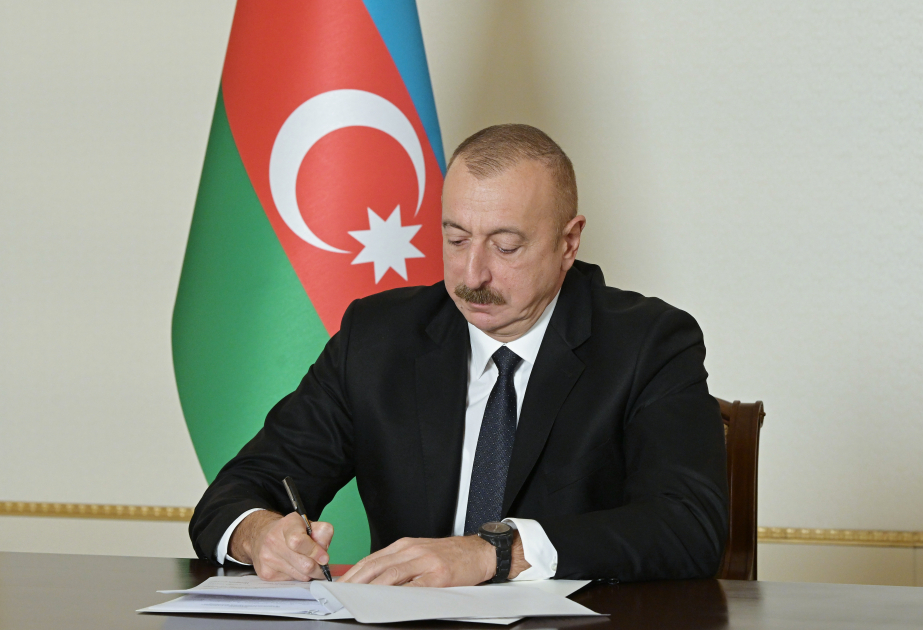OPEC+ members led by Saudi Arabia and Russia agreed on Sunday to extend voluntary oil output cuts of 2.2 million barrels per day into the second quarter, giving extra support to the market amid concerns over global growth and rising output outside the group, according to the official website of the OPEC.
Saudi Arabia, the de facto leader of the Organization of the Petroleum Exporting Countries (OPEC), said it would extend its voluntary cut of 1 million barrels per day (bpd) through the end of June, leaving its output at around 9 million bpd.
Russia, which leads OPEC allies collectively known as OPEC+, will cut oil production and exports by an extra 471,000 bpd in the second quarter. Russian Deputy Prime Minister Alexander Novak gave new figures showing that cuts from production will make up a rising proportion of the measure.
Oil has found support in 2024 from rising geopolitical tensions and Houthi attacks on Red Sea shipping, although concern about economic growth has weighed. While OPEC+ was widely expected to keep the cuts in place, Russia's announcement could bolster prices further.
"There was a surprise from Russia," said UBS analyst Giovanni Staunovo, who called the developments largely expected.
"If the Russian cuts are fully implemented additional barrels would be removed from the market. So that is a surprise move no one expected and could lift prices," he added.
Brent crude settled $1.64 higher, or 2%, at $83.55 a barrel on Friday, up more than 8% so far this year.
OPEC+ members announced the cuts individually on Sunday and OPEC later issued a statement confirming the 2.2 million bpd total. Saudi state news agency SPA said the cuts would be reversed gradually, according to market conditions.
"The decision sends a message of cohesion and confirms that the group in not in a hurry to return supply volumes, supporting the view that when this finally happens, it will be gradual," analysts at investment bank Jefferies said in a report.







